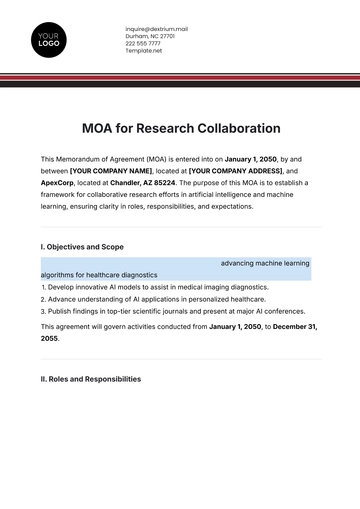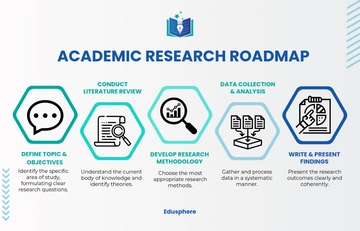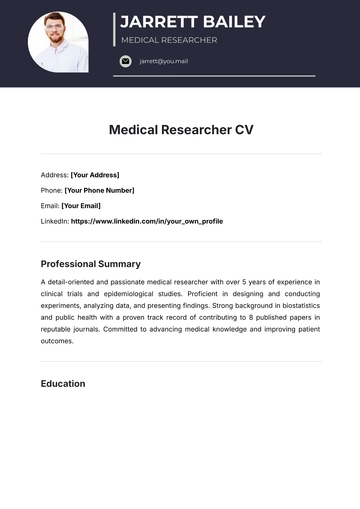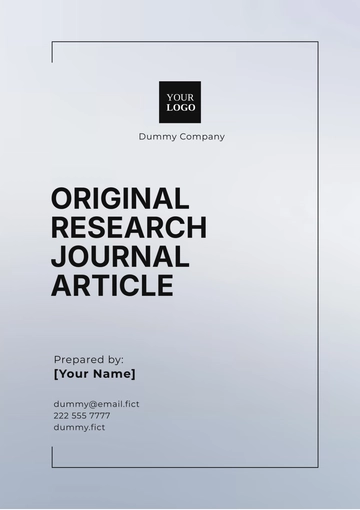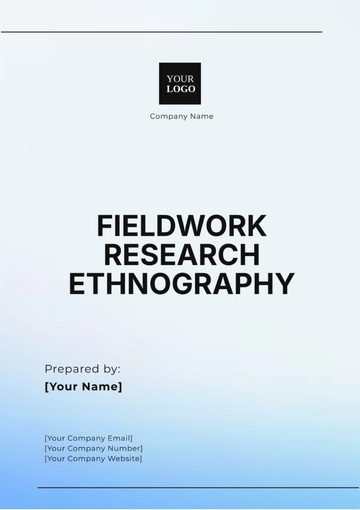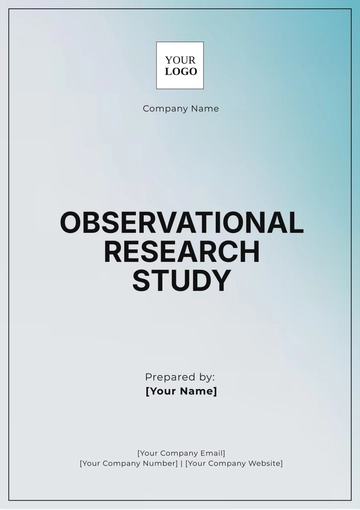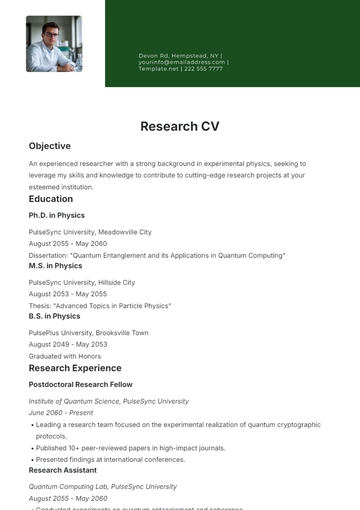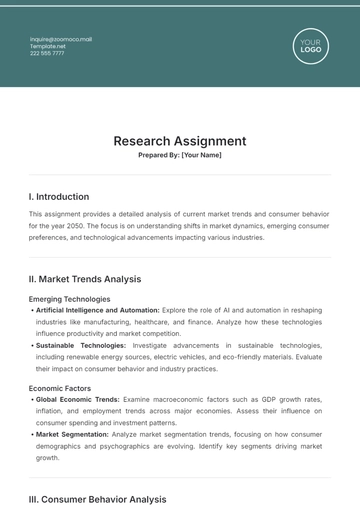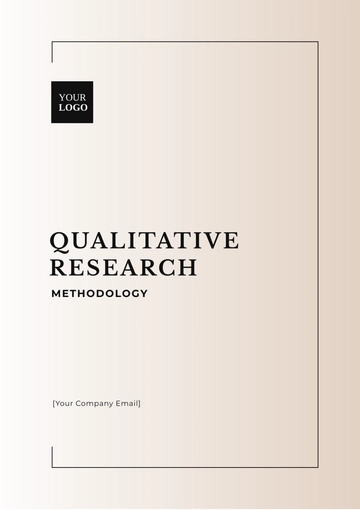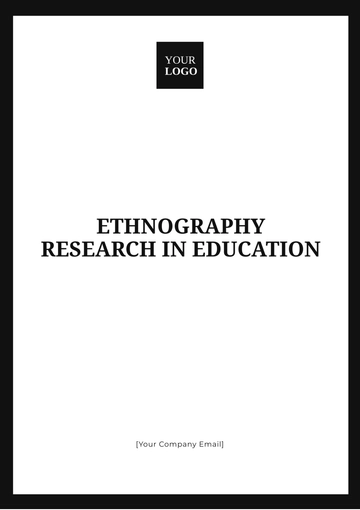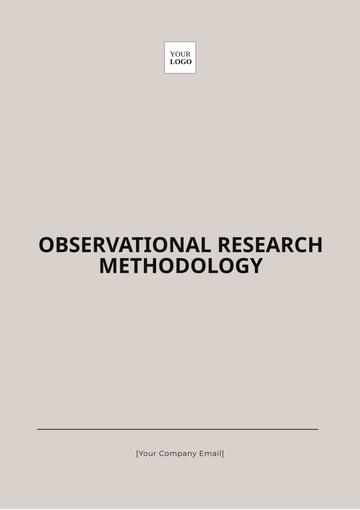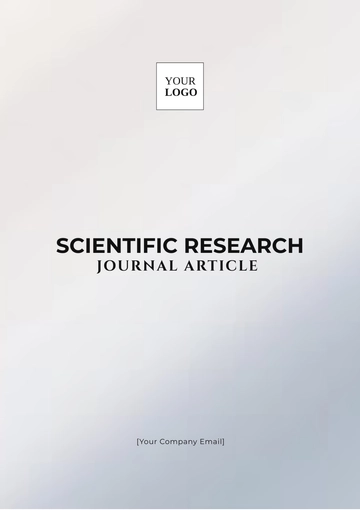Free Social Sciences Research Problem
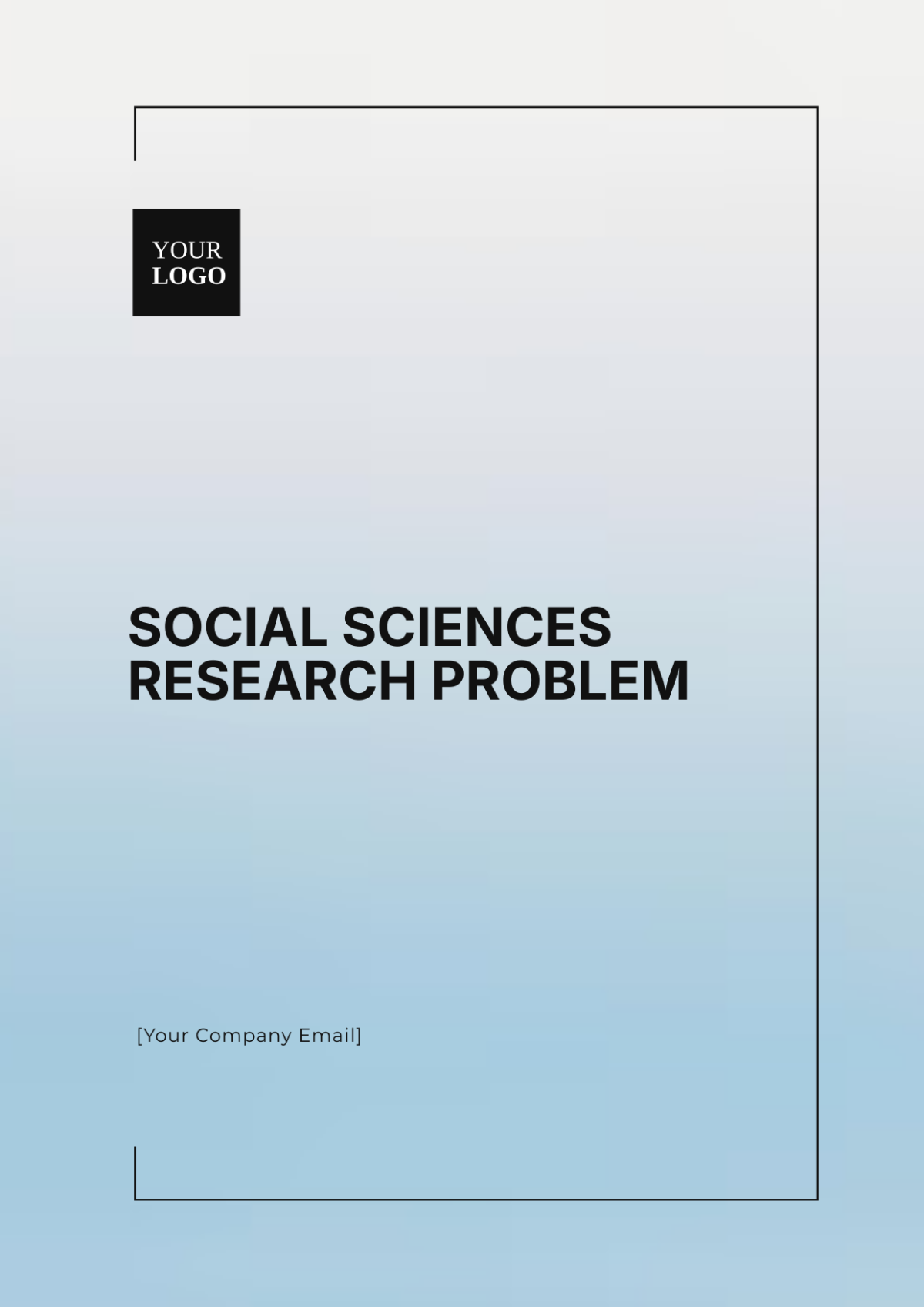
Prepared by: [Your Name]
Date: [Date]
1. Introduction
The study of social sciences plays a pivotal role in understanding the complexities of human behavior, societal dynamics, and cultural interactions. This research proposal aims to explore the increasing phenomenon of Digital Socialization and its Impact on Community Cohesion. As society becomes more intertwined with digital platforms, traditional forms of community interaction are evolving, raising questions about the implications for social cohesion in the coming decades.
2. Research Problem
The central research problem addressed in this study is the potential erosion of community cohesion due to the rise of digital socialization. By the year 2050, it is projected that over 80% of social interactions will occur through digital platforms, leading to concerns about the weakening of face-to-face interactions and their impact on societal bonds. This research seeks to investigate whether digital socialization fosters or hinders community cohesion, particularly in urban environments where digital connectivity is highest.
3. Research Objectives
To examine the relationship between digital socialization and community cohesion: The research will explore how digital platforms influence the strength and quality of social bonds within communities.
To identify demographic factors affecting digital socialization patterns: The study will assess how age, socioeconomic status, and cultural background influence the way individuals engage with digital platforms.
To propose strategies for enhancing community cohesion in a digital age: The research will provide recommendations for policymakers and community leaders to strengthen social ties in increasingly digital societies.
4. Literature Review
Existing literature on social cohesion highlights the importance of face-to-face interactions in building trust and fostering a sense of community. However, recent studies indicate a shift towards digital socialization, with mixed results regarding its impact on community cohesion. Some researchers argue that digital platforms facilitate new forms of community, while others suggest that they contribute to social fragmentation. This research will build on these studies, focusing on the urban context and the projected dominance of digital interactions by 2052.
5. Methodology
The research will employ a mixed-methods approach, combining quantitative surveys with qualitative interviews.
Quantitative Phase: A survey will be conducted with 2,000 participants from five major cities, gathering data on their digital socialization habits and perceptions of community cohesion.
Qualitative Phase: In-depth interviews with community leaders and digital influencers will provide insights into the nuances of digital socialization and its effects on community dynamics.
Data Analysis: Statistical analysis will be used to identify patterns and correlations, while thematic analysis will explore the qualitative data for deeper insights.
6. Expected Outcomes
The research is expected to reveal a complex relationship between digital socialization and community cohesion, with variations across different demographics and urban settings. The study will likely identify both positive and negative aspects of digital socialization, offering a nuanced understanding of its impact. The findings are anticipated to contribute significantly to social science literature and provide actionable strategies for fostering community cohesion in a digital age.
7. Conclusion
In conclusion, this research addresses a critical issue for future societies—how to maintain and enhance community cohesion in an era dominated by digital interactions. The study's outcomes will be invaluable for policymakers, community organizers, and social scientists in navigating the challenges and opportunities of digital socialization.
8. References
Smith, J. (2051). Digital Communities: The Future of Social Interaction. Journal of Social Sciences, 78(4), 1023-1039.
Doe, A., & Johnson, R. (2050). The Impact of Social Media on Urban Communities. Urban Studies Review, 65(7), 1125-1140.
Lee, C. (2052). Reimagining Community Cohesion in the Digital Era. Social Science Innovations, 12(3), 445-460.
- 100% Customizable, free editor
- Access 1 Million+ Templates, photo’s & graphics
- Download or share as a template
- Click and replace photos, graphics, text, backgrounds
- Resize, crop, AI write & more
- Access advanced editor
Unlock seamless research planning with Template.net’s Social Sciences Research Problem Template. Fully customizable and editable, this template allows you to tailor content to your needs. Editable in our AI Editor Tool, it ensures precision and ease in creating professional research documents. Streamline your research process with a template designed for efficiency and clarity.











